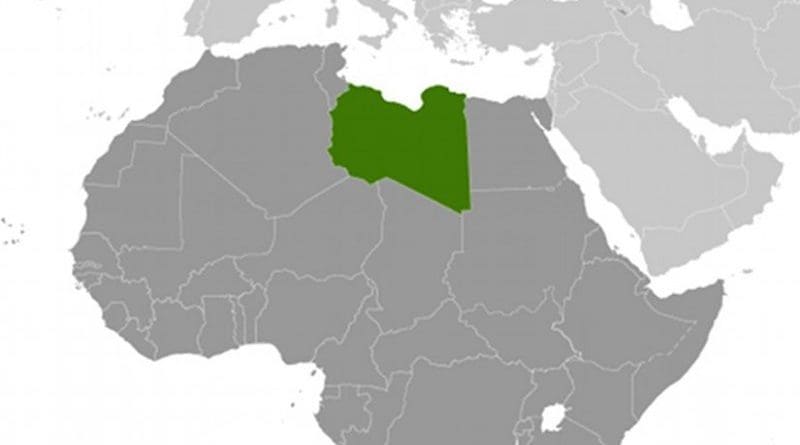US Diplomats In Libya Begged For More Security To No Avail – OpEd
By Jim Kouri
Prior to the Sept. 11, 2012, attack on the U.S. consulate in Benghazi, Libya, Ambassador Chris Stevens’ request for additional security officials was turned down by the Obama administration in order to project a friendly atmosphere to the distrusting Islamic population, an anonymous security official in Washington, D.C., informed the Law Enforcement Examiner on Wednesday.
House Oversight and Government Reform Committee leaders on Tuesday evening sent a letter to Secretary of State Hillary Clinton asking why requests for more protection were denied to the U.S. mission in Libya by Washington officials prior to the violent and deadly terrorist attack that killed U.S. Ambassador J. Christopher Stevens.
The denials came after repeated attacks and security threats to U.S. personnel, according to Congressmen Darrell Issa (R-CA), the committee chairman, and Jason Chaffetz (R-UT) the subcommittee chairman.
“While the written requests were unemotional and respectful, verbal requests were pleas from American foreign service personnel who were terrified of their surroundings and their vulnerability in a turbulent environment,” said the Law Enforcement Examiner source.
“Based on information provided to the Committee by individuals with direct knowledge of events in Libya, the attack that claimed the ambassador’s life was the latest in a long line of attacks on Western diplomats and officials in Libya in the months leading up to September 11, 2012. It was clearly never, As Administration officials once insisted, the result of a popular protest,” wrote Issa and Chaffetz.
“In addition, multiple U.S. federal government officials have confirmed to the [Oversight] Committee that, prior to the attack, the U.S. mission in Libya made repeated requests for increased security in Benghazi. The mission in Libya, however, was denied these resources by officials in Washington,” the congressmen alleged.
The letter to Secretary Clinton outlined 13 security threats during the six months prior to the attack that claimed the lives of Stevens, two Navy SEALs and a consulate staff member.
For example, on June 6, 2012, in Benghazi, under cover of darkness, assailants placed an IED on the north gate of Consulate Benghazi, blowing a hole in the security perimeter that was described by one individual as, “big enough for forty men to go through.”
Also in Benghazi, on June 10, a two-car convoy carrying the British Ambassador to Libya from a conference on reforming Libyan military law was attacked in broad daylight by a militant with an RPG. This attack was an important escalation in the violence against Western targets in Benghazi, as prior attacks had been at night and were often preceded by warnings from the attackers.
“Put together, these events indicated a clear pattern of security threats that could only be reasonably interpreted to justify increased security for U.S. personnel and facilities in Benghazi,” the chairmen wrote.
The Committee indicated it intends to convene a hearing in Washington on Wednesday Oct. 10, 2012, on the security failures that preceded the attack.

